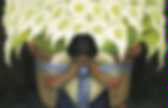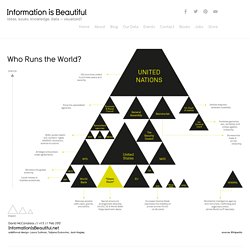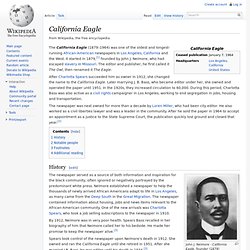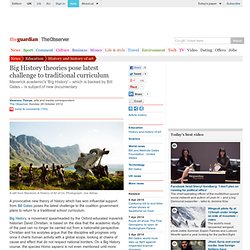

Random, Interesting, Amazing Facts - Fun Quizzes and Trivia - Mental Floss. List of common misconceptions. From Wikipedia, the free encyclopedia This incomplete list is not intended to be exhaustive.

This list corrects erroneous beliefs that are currently widely held about notable topics. Each misconception and the corresponding facts have been discussed in published literature. Note that each entry is formatted as a correction; the misconceptions themselves are implied rather than stated. Arts and culture Food and cooking Roll-style Western sushi. Searing meat does not "seal in" moisture, and in fact may actually cause meat to lose moisture. Legislation and crime Literature The Harry Potter books, though they have broken children's book publishing records, have not led to an increase in reading among children or adults, nor slowed the ongoing overall decline in book purchases by Americans, and children who did read the Harry Potter books were not more likely to go on to read more outside of the fantasy and mystery genres.[21][22][23][24] Music Religion Hebrew Bible Buddhism Christianity Islam Sports.
Who Runs The World? » Purchase: Amazon US or Barnes & Noble | UK or Waterstones » Download: Apple iBook | Kindle (UK & US) » See inside For more graphics, visualisations and data-journalism:

10 Fascinating Food Facts. Buffalo buffalo Buffalo buffalo buffalo buffalo Buffalo buffalo. The sentence's meaning becomes clearer when it's understood that it uses three meanings of the word buffalo: the city of Buffalo, New York, the somewhat uncommon verb "to buffalo" (meaning "to bully or intimidate"), as well as the animal buffalo.

When the punctuation and grammar are expanded, the sentence could read as follows: "Buffalo buffalo that Buffalo buffalo buffalo, buffalo Buffalo buffalo. " The meaning becomes even clearer when synonyms are used: "Buffalo bison that other Buffalo bison bully, themselves bully Buffalo bison.
" Sentence construction Bison engaged in a contest of dominance. This sentence supposes they have a history of such bullying with other buffalo, and they are from upstate New York. A comic explaining the concept The sentence is unpunctuated and uses three different readings of the word "buffalo". Marking each "buffalo" with its use as shown above gives: Buffaloa buffalon Buffaloa buffalon buffalov buffalov Buffaloa buffalon.
Usage. California Eagle. The California Eagle (1879–1964) was one of the oldest and longest-running African-American newspapers in Los Angeles, California and the West.

It started in 1879,[1] founded by John J. Neimore, who had escaped slavery in Missouri. The editor and publisher, he first called it The Owl, then renamed it The Eagle. After Charlotta Spears succeeded him as owner in 1912, she changed the name to the California Eagle. Later marrying J. History[edit] John J. By 1912, Neimore was in very poor health. Spears took control of the newspaper upon Neimore's death in 1912. The California Eagle had the following platform: By 1925, the newspaper had a circulation of 60,000, the largest of any African-American newspaper in California. Several newspaper employees went on to become prominent figures in their own right, including T.R.M. Miller continued in the tradition of publishing an activist paper.
Big History theories pose latest challenge to traditional curriculum. A still from Mankind, A History of All of Us.

Photograph: Joe Alblas A provocative new theory of history which has won influential support from Bill Gates poses the latest challenge to the coalition government plans to return to a traditional school curriculum. Big History, a movement spearheaded by the Oxford-educated maverick historian David Christian, is based on the idea that the academic study of the past can no longer be carried out from a nationalist perspective.
Christian and his acolytes argue that the discipline will progress only once it charts human activity with a global scope, looking at chains of cause and effect that do not respect national borders. On a Big History course, the species Homo sapiens is not even mentioned until more than halfway through. "I believe human beings mark a threshold in the development of the planet, of course," Christian has explained, "but it is only part of the picture. . • This article was amended on 29 October 2012.